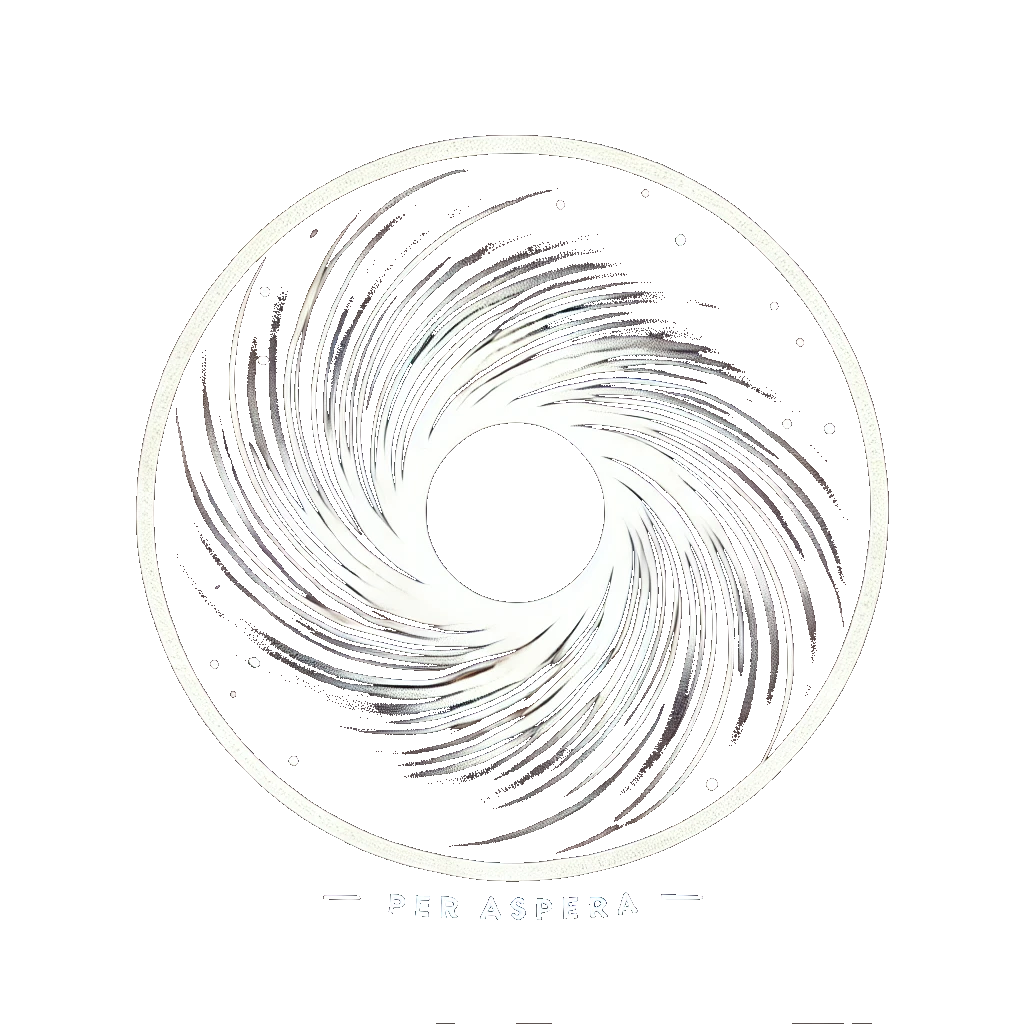The human condition is learning how to live, love, and create meaning in a universe that guarantees you’ll lose it all.
This is the truth that shadows everything we do. No matter how much we build, no matter how fiercely we love, no matter how carefully we guard what matters to us—it will be taken. Time will take it. Change will take it. Death will take it. We live under this certainty, and somehow, we are told to hope.
But hope is not the simple blessing people imagine. It isn’t just light in the dark—it is a risk, a wager, a vulnerability. Hope can feel like betrayal. It raises you up with promises of better days, of healing, of reprieve—and when those promises collapse, it leaves you lower than before. Hope cuts twice: once when it lifts you, and again when it drops you.
I have the power to hope. To reach out my hand to those who are hurting. To believe, for them, that healing is possible. And I DO believe it. For them. When I look at the wounds of others, I can see paths forward they often cannot see for themselves. I can tell them they matter, that they have paid enough, that change is within reach.
But when I turn that hand toward myself, everything falters. Because to hope for myself means to accept that I am hurting, and then to trust that my pain deserves healing. And that is the part I cannot quite believe. Hope feels like something that will expose me—something that will prove me foolish if I reach too far.
So I’ve learned to distrust it. To treat hope like a devil that always arrives with hidden costs. And sometimes, it feels easier to push it away. To expect nothing, so that disappointment cannot carve me open again. To live inside resignation, where at least the ground doesn’t move beneath your feet.
But resignation is not safety—it is suffocation. Without hope, nothing changes. Without hope, the hurt remains static, permanent, calcified. Without hope, there is no hand reaching out at all, not even to yourself.
And so, against all dread and all suspicion, the only way forward is to risk it. To extend that hand anyway—not to the whole world, but to the fragile, frightened child inside who has been waiting far too long to hear the words: You have suffered enough. Your pain is real. You deserve to heal.
This is not trust in hope as a friend. It is not blind faith in its promises. It is choosing to live with its danger, to allow just enough of it to keep moving, even if it may betray you again.
The human condition is tragic. But it is also stubborn, defiant. To live knowing you will lose everything, and still to love, still to hope—that is not weakness. That is rebellion.
